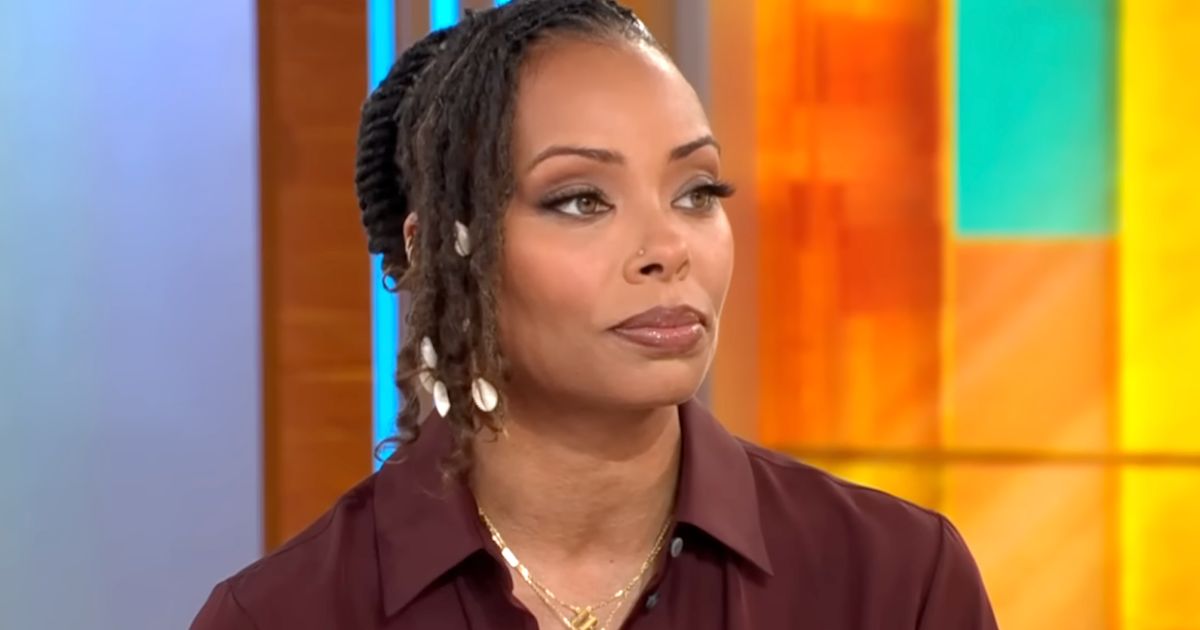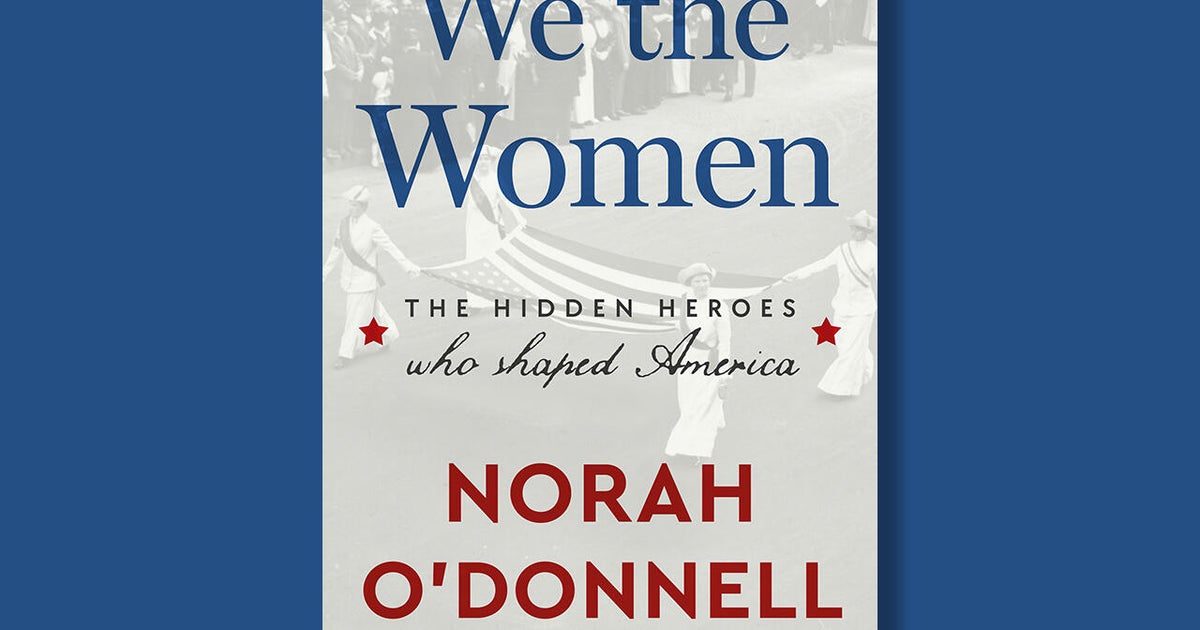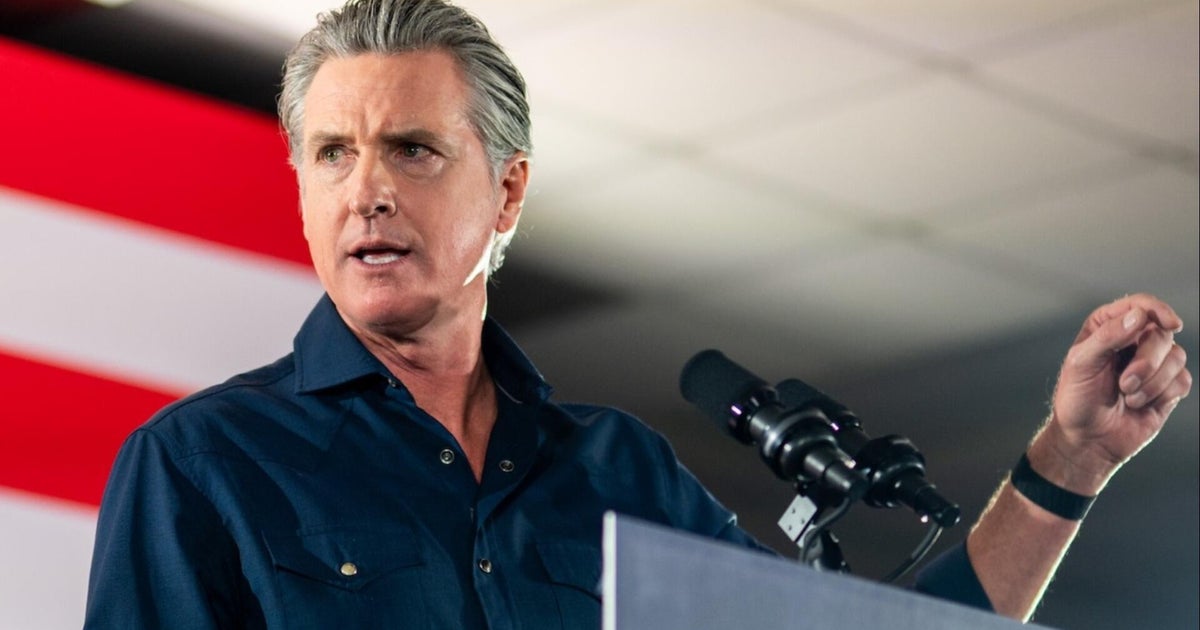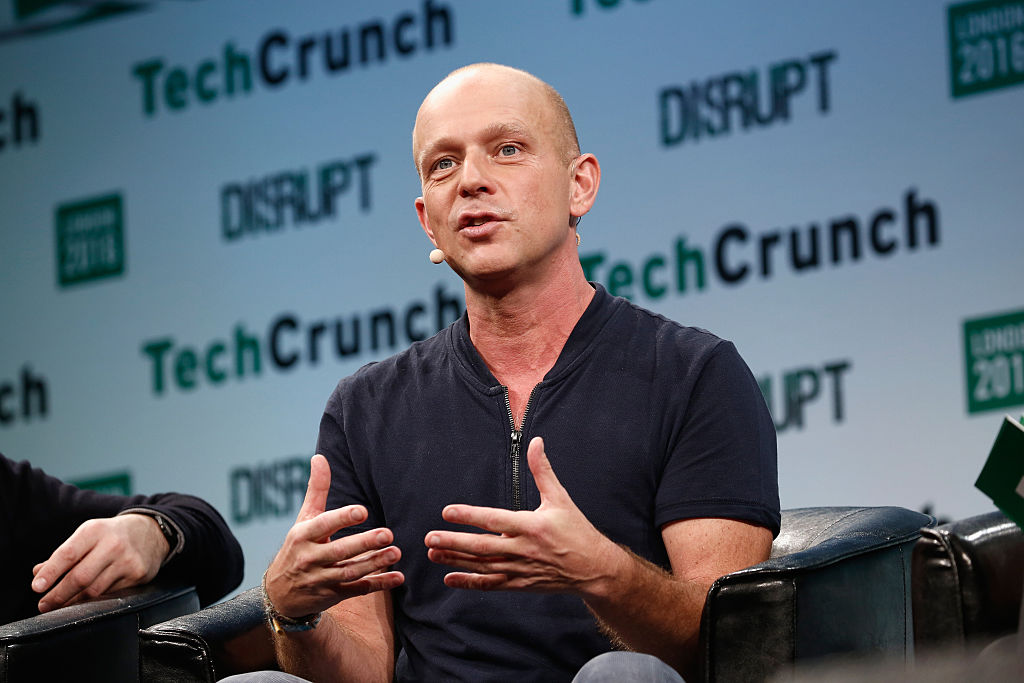California Governor Gavin Newsom says return to normalcy after pandemic won't happen any time soon
California Governor Gavin Newsom said it was "unrealistic" to think life as we knew it before the coronavirus pandemic would be back to normal anytime soon. He empathized with the frustration of state residents who are protesting his stay-at-home orders, but urged them to think of their loved ones and others amid their fatigue with the precautions.
Newsom told "CBS This Morning" co-host Tony Dokoupil in an exclusive interview that he feared the worst might not be over for California, if the state's residents did not comply with social distancing and other restrictions.
Read a portion of their conversation below:
Tony Dokoupil: Governor, the last time you were on our air, you said you worried people would become fatigued with the social distancing guidelines and the restrictions. It seems that fatigue has set in, if judged by the protests ... What's your message to those protesters?
Gavin Newsom: Stay safe. Stay healthy. Not only for yourselves, but your loved ones. And when you come home, if you haven't practiced physical distancing, be careful when you see grandma and grandpa. And focus again on the fact that we're all in this together.
Dokoupil: President Trump has expressed sympathy with the protesters, even cheering them on in some respects. Do you share that sympathy, if not exactly the president's language?
Newsom: Well, I share the empathy of frustration that we're all living through, something we've never lived through in our lifetime and the need and desire for all of us to get back to work and to some semblance of normalcy.
Dokoupil: Can you say from where you're sitting at this moment that the worst is over in California?
Newsom: No, because if we all pull back, we could see a second wave that makes this pale in comparison. I can't say that. Honestly, that's determined by the act of 40 million Californians stepping in, continuing to meet this moment…
ICU numbers are beginning to flatten, but we're not seeing yet the significant decline that we need to see ultimately to toggle back. But we are committed to a process. We've socialized that process. And we are leaning in, working with 58 counties across the state to make sure that we do it together in a thoughtful and strategic way.
Dokoupil: I understand the timeline for easing restrictions is still a work in progress, it's a little bit hazy. It's dependent on what people do today. But from where you're sitting with the data you have, can you say today that baseball is possible in July, school will be back in session in September and it's possible that elections will happen as normal in November?
Newsom: Yeah, I don't know as normal. And none of the above as normal. I think that would be unrealistic to assert. You have to radically change the floor plans in the schools, in businesses, private-public institutions, large and small. We're gonna have new protocols and procedures, temperature checks, people wearing face coverings across the spectrum.
But the idea of tens of thousands of fans coming together across their differences, high-fiving one another, hugging each other— after a base hit or a strikeout— is not something I'm anticipating any time soon.
Dokoupil: It sounds like what you're saying is life as we knew it is gone until such a time when there's a vaccine or herd immunity.
Newsom: You got it. I mean, it's not that complicated. Or incredibly successful and viably distributed treatments… I don't anticipate that normalcy that many of us wish for happening any time soon. But we will begin to toggle back, to put a little dimmer switch up, and begin to change the way we currently are conducting ourselves from a full lockdown stay at home order to one that is more prescriptive, targeted and strategized.
Dokoupil: Here you are, preparing people for profound changes. I don't hear the same message from Washington, D.C. from President Trump. Do you think he has a responsibility at this point to start preparing America for the very same changes you've described?
Newsom: I think we all have a responsibility to use the information that we have, the data we have, and process it in a way that's open and honest with the American people. Look, I don't think there's anything wrong with being optimistic and hopeful. I'm optimistic. I'm hopeful. This is not the new normalcy in perpetuity. We're gonna come back… We just need to temper the enthusiasm on when and how… And once we get herd immunity and once we get a vaccine, then we could come back and flourish and thrive.



